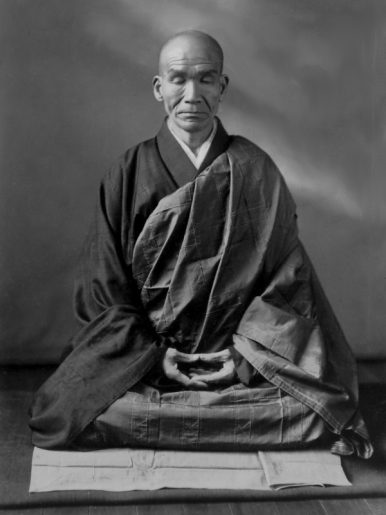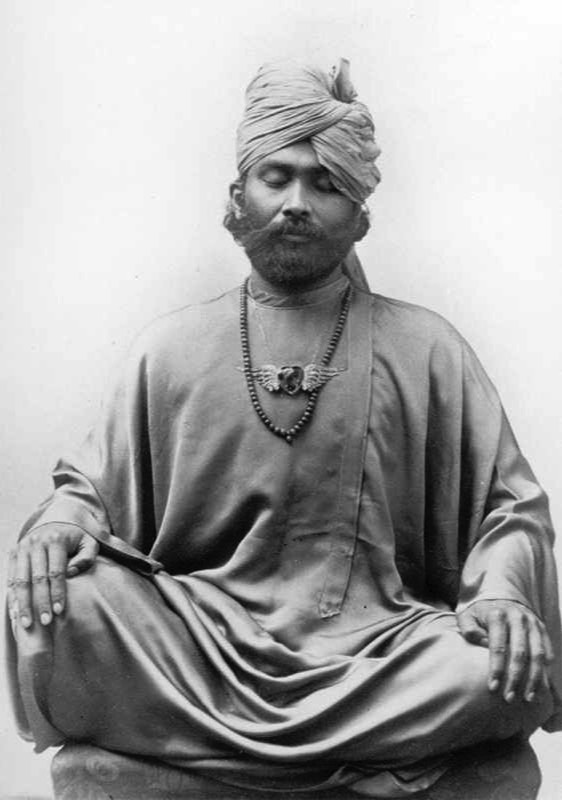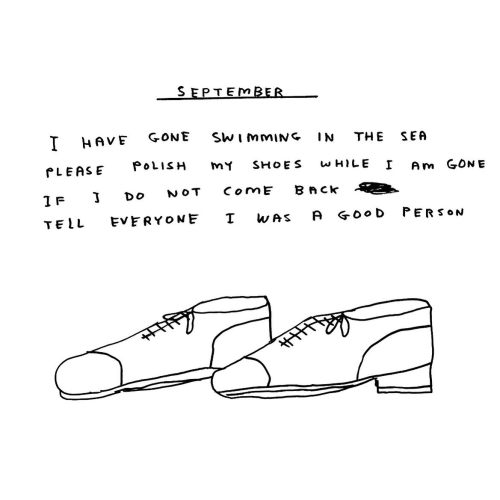
amel bashir taha
It is
a fact of life that
times of decrease come upon us:
our resources are limited, difficulty surrounds us,
and our egos generate angry and unhappy emotions. Nonetheless,
such times are good for us. If we respond to them by quieting
our egos and turning sincerely to the Higher Power
for help, we emerge from the period of
decrease stronger, healthier,
and wiser.
When
we discover that we
are unable to achieve our goals,
our egos become infuriated. We are tempted
to harden into anger and bitterness, to lash out, to
desperately and aggressively grab for control
over the situation. If we do this,
however, we only push our
own salvation further
away.
The I Ching
counsels a withdrawal
into stillness now. The image is that
of a spring reverting to the inside of the mountain
during a time of drought. By returning to its quiet center
during the time of decrease, it avoids evaporating and exhausting
itself in vain. You would be wise to follow this example. To try
to force progress by arguing, manipulating, or making
excuses will only bring your own downfall. Instead,
disengage from your inferior elements —
however passionately they seek
expression – and turn to the
Sage for guidance and
assistance.
The
hexagram Sun
issues a call to sacrifice
negative feelings, accept the
powerlessness of the ego against the
currents of life, and return to contemplation
of the principles of the Sage. In stillness and
meditation we enrich the higher parts
of ourselves and thus bring
an end to the time of
decrease.
from The I Ching, or Book of Changes
Hexagram 41, Sun / Decrease
ebooks & apps of the Tao the Ching, I Ching,
Hua hu Ching, and Art of War for
iPad, Phone, Kindle, Nook,
or Android
You
can now buy
the I Ching as part of a
five-app bundle of Taoist classics
for iPhone or iPad for less than
the cost of one hardcover
book.






